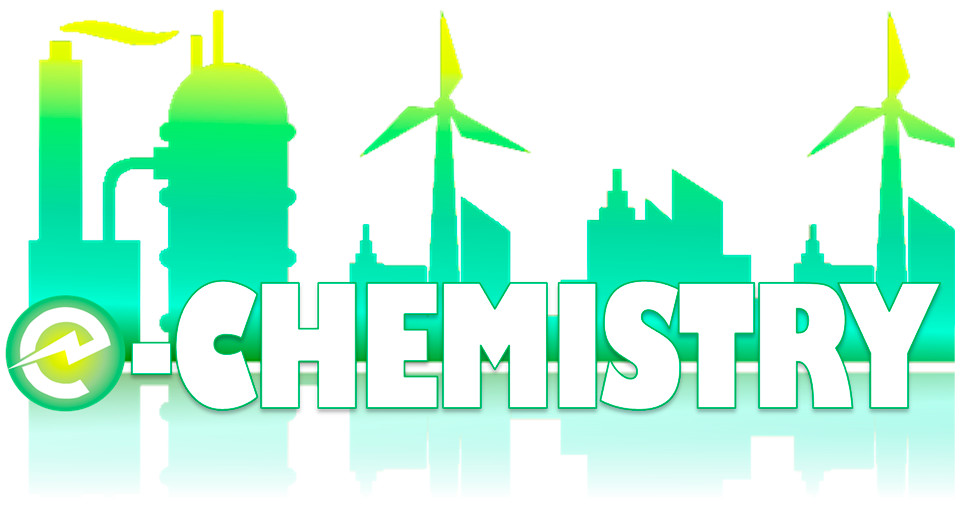Catalysis for e-Chemistry: Need and Gaps for a Future De-Fossilized Chemical Production, with Focus on the Role of Complex (Direct) Syntheses by Electrocatalysis
G Papanikolaou, G Centi, S Perathoner, P Lanzafame, ACS Catalysis 2022, 12 (5), 2861-2876

The prospects, needs and limits in current approaches in catalysis to accelerate the transition to e-chemistry, where this term indicates a fossil fuel-free chemical production, are discussed. It is suggested that e-chemistry is a necessary element of the transformation to meet the targets of net zero emissions by year 2050 and that this conversion from the current petrochemistry is feasible. However, the acceleration of the development of catalytic technologies based on the use of renewable energy sources (indicated as reactive catalysis) is necessary, evidencing that these are part of a system of changes and thus should be assessed from this perspective. However, it is perceived that the current studies in the area are not properly addressing the needs to develop the catalytic technologies required for e-chemistry, presenting a series of relevant aspects and directions in which research should be focused to develop the framework system transformation necessary to implement e-chemistry.
